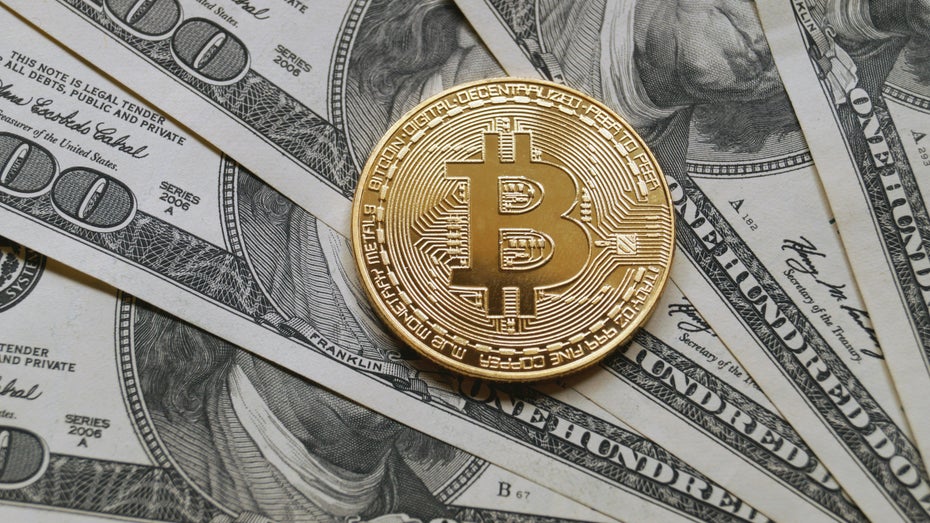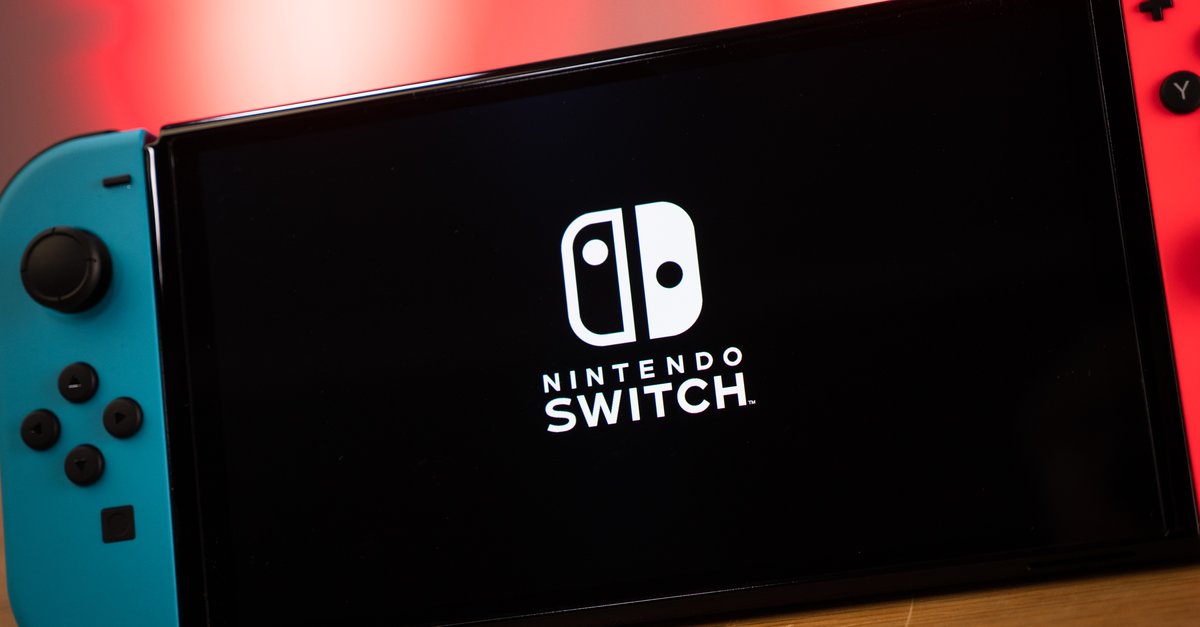Why it’s not ok for financial institutions to regulate the internet
Under the pretext of preventing abuse, payment providers are changing the rules for platforms with explicit content. Onlyfans was briefly forced to ban sex work from the platform. This shows who determines what “the Internet ™” should look like.
In response to pressure from payment providers and banks, Onlyfans announced a radical change to the terms of use on August 20th. Known so far primarily for content that is not permitted on other platforms, the network wanted to say goodbye to so-called adult content. Contrary to what many media initially wrote, the platform did not primarily want to polish up its own image. Rather, Onlyfans saw itself forced to say goodbye to its core business as a result of massive pressure from payment providers and banks.
Mastercard changes its terms and conditions on October 1, 2021 to the extent that Onlyfans could only fulfill it to a limited extent and with considerable additional effort while maintaining its previous business model. Experts assume that other payment providers will follow this step. Across from the Financial Times named Onlyfans CEO Tim Stokely banks as the primary driver behind the change of course. They would have left the network no choice but to ban sexually explicit content in the future.
On Wednesday, the network put the decision on hold for the time being. In a tweet, the company announced that it had worked out ways in which sex work could continue to take place on the platform – but without specifying how.
Contents
The exclusion of sex work has a long tradition
Onlyfans wouldn’t be the first platform to lose such a significant part of its reach. Tumblr suffered a similar fate in 2013, Pornhub has been listing since Conversion to crypto currencies as the only payment option a significant decrease in its premium users. As a result of an extensively researched Opinion of the New York Times, which revealed how little Pornhub cared about what users post on the platform, Both Visa and Mastercard had banned the platform from using their cards. PayPal had already taken this step in 2019.
The systematic exclusion of sex work from the transactional infrastructure has history. Contrary to the usual framing, it is not only about taking action against abuse and (above all) protecting women and minors. The main focus is on completely eliminating sex work and other activities that are undesirable from these actors. Cases like that show Wepay in 2014, Wikileaks in 2010, Rushcard in 2015 or the prohibitions on sexually explicit content Ebay, Craigslist, Reddit or Tumblr.
For once, domiciliary rights are not an argument here
To argue that it is the domiciliary right of the banks and payment intermediaries to set up conditions under which they are willing to carry out transactions and to refuse these services in the event of an infringement does not go far enough. In order for people to participate in a society, they need a reliable way to get paid for their work, to collect donations, to offer goods or services. If they have to rely on a middleman who has the power to deprive them of the necessary infrastructure at any time, this is probably the most effective form of intermediary censorship – financial institutions then effectively determine what is desired on the Internet – and ultimately everywhere else as well and what not.



